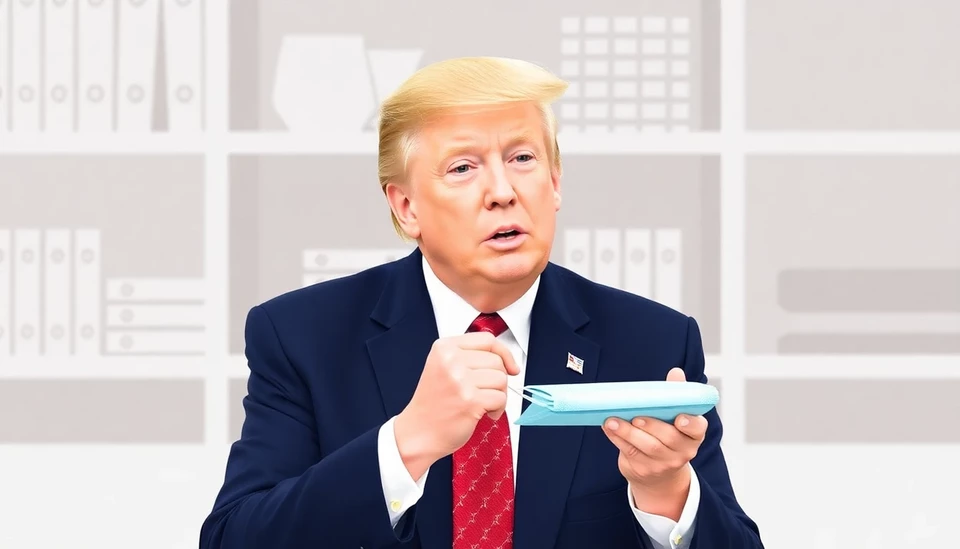
In a recent move that has left the scientific community alarmed, former President Donald Trump announced a halt to various health-related research initiatives, igniting fears about the potential long-term ramifications for public health and scientific progress. This unexpected decision has raised eyebrows not only among researchers but also among public health officials who underscore the vital importance of ongoing studies aimed at combating diseases and improving healthcare outcomes.
Scientists across multiple disciplines have expressed grave concerns regarding the freeze of funding and resources allocated to critical health and medical research. The impact of this suspension could be felt across a wide array of projects, from cancer research to efforts focused on understanding infectious diseases, as well as mental health studies. Stakeholders worry that the interruption could stifle innovation and delay breakthroughs that are essential to managing current and future health crises.
Notably, the National Institutes of Health (NIH), which plays a pivotal role in funding and supporting medical research programs, could face significant setbacks. Experts fear that the lack of financial support may lead to canceled studies, stalled clinical trials, and a reduction in the progress needed to tackle looming health threats such as antibiotic resistance and chronic diseases. The ripple effects of such a decision reach beyond the research community, potentially impacting public health initiatives and reducing the number of trained professionals entering vital fields.
Furthermore, this halt brings into question the political motivations behind such a dramatic action. With health research often tied to partisan interests, critics have raised alarms that this move is reflective of a broader trend of undermining science in favor of political agendas. Many scientists worry that information that runs contrary to political beliefs may become subject to censorship, thus further damaging the credibility and integrity of scientific inquiry.
Among the most urgent pleas from the scientific community is a call for transparency and accountability in governance. Researchers emphasize the necessity of remaining resilient against potential political pressure that might compromise the integrity of scientific work. Many are pushing for bipartisan support to ensure that essential health research continues uninterrupted, recognizing its importance not only for immediate health outcomes but also for future generations' well-being.
The implications of Trump's recent announcement remain to be fully understood, but as scientists grapple with the uncertainty surrounding the funding and direction of health research, the sense of urgency grows. Health experts warn that any delay or setback in research could have devastating consequences, making it imperative for leaders to prioritize science and public health above all else.
As the situation develops, researchers and stakeholders are closely monitoring potential avenues for advocacy and ensuring that the voice of science is heard amidst the clamors of politics. The need for partnership between governmental bodies and the scientific community has never been more crucial as they strive to confront the health challenges of the present and in the future.
#Trump #HealthResearch #Science #PublicHealth #NIH #ClinicalTrials #Innovation #Politics #MedicalResearch
Author: Samuel Brooks




